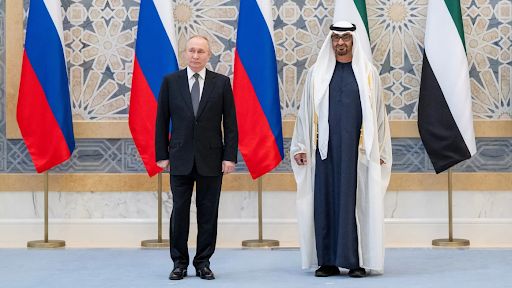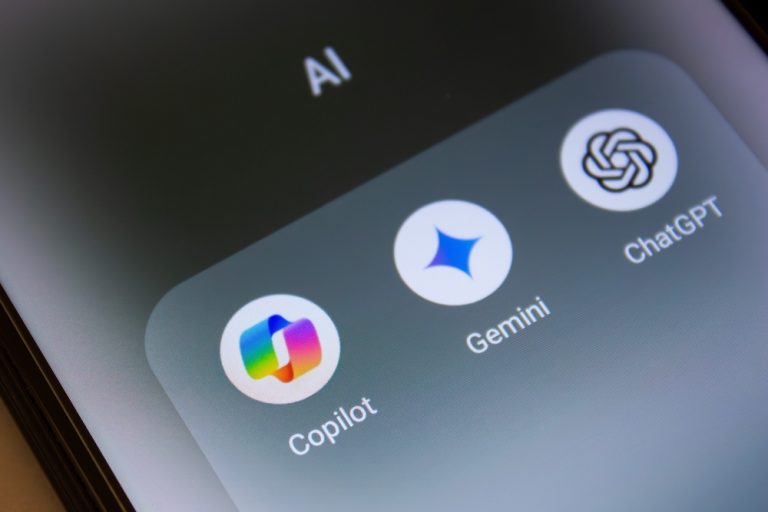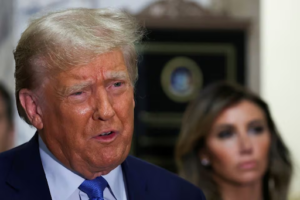In a significant development amidst the prolonged Ukraine conflict, Russian President Vladimir Putin embarked on a rare foreign visit to the United Arab Emirates (UAE), underscoring the deepening ties between Russia and the Gulf states. This visit, Putin’s first to the Middle East since the escalation of the Ukraine crisis, highlights a strategic realignment and the pursuit of mutual interests in a rapidly changing geopolitical landscape.
Russian President Vladimir Putin’s recent visit to the UAE, amid the ongoing Ukraine conflict, marks a pivotal moment in international diplomacy. In a meeting with UAE President Mohammed bin Zayed Al Nahyan in Abu Dhabi, Putin emphasized the peak of Russia-UAE relations, describing the UAE as “Russia’s main trading partner in the Arab world.”
This visit, a rare occurrence since the International Criminal Court (ICC) issued an arrest warrant against Putin for alleged war crimes in Ukraine, reflects Russia’s continuous efforts to bolster its international alliances. The UAE and Saudi Arabia, where Putin is scheduled to visit next, have not ratified the ICC’s Rome Statute, thus providing a diplomatic haven for the Russian leader.
Putin’s agenda in the Middle East extends beyond diplomatic courtesies. He is expected to discuss critical issues ranging from oil trade to the Israel-Hamas conflict. Additionally, the visit is an opportunity to address the implications of Russia’s invasion of Ukraine with key Gulf partners.
A ceremonial cavalry escort at the Qasr al-Watan Palace highlighted the symbolic significance of Putin’s visit, where the Russian and Emirati national anthems were played. The event underscored the historical ties between the nations, dating back to the Soviet Union’s early recognition of UAE’s sovereignty in 1971.
In Riyadh, Putin’s engagement with Saudi Arabia’s Crown Prince Mohammed bin Salman is anticipated to reinforce Russia’s role in OPEC+, signifying the strategic importance of energy politics in global affairs. Furthermore, the Gulf states’ role in facilitating recent high-profile prisoner swaps, including the release of US basketball star Brittney Griner, positions them as key mediators in international diplomacy.
Putin’s visit also coincides with ongoing efforts by the Biden administration to negotiate the release of wrongfully detained Americans in Russia, highlighting the complex web of international relations and the Gulf states’ emerging role as diplomatic intermediaries.
President Putin’s strategic visit to the UAE and the forthcoming meeting in Saudi Arabia reinforce Russia’s global diplomatic outreach and signify the shifting geopolitical dynamics amid ongoing conflicts. As global tensions persist, the role of the Gulf states as pivotal players in international diplomacy and conflict resolution becomes increasingly evident, offering new avenues for negotiation and collaboration in a rapidly evolving world order.






















+ There are no comments
Add yours